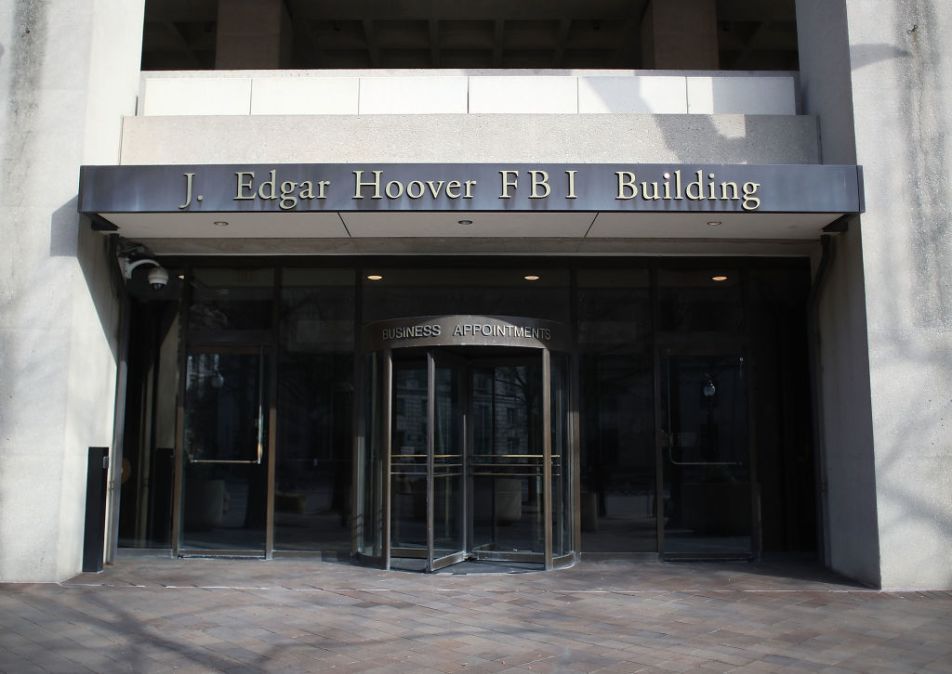FBI, DHS lack information-sharing strategies for domestic extremist threats online, GAO says

The FBI and Department of Homeland Security’s information-sharing efforts on domestic extremist threats with social media and gaming companies lack an overarching strategy, a Government Accountability Office report found, raising questions about the effectiveness of the agencies’ communications to address violent warnings online.
In response to the proliferation in recent years of content on social media and gaming platforms that promote domestic violent extremism, the FBI and DHS have taken steps to increase the flow of information with those platforms. But “without a strategy or goals, the agencies may not be fully aware of how effective their communications are with companies, or how effectively their information-sharing mechanisms serve the agencies’ overall missions,” the GAO said.
For its report, the GAO requested interviews with 10 social media and gaming companies whose platforms were connected most frequently with domestic violent extremism terms, per article and report searches. Discord, Reddit and Roblox agreed to participate, as did a social media company and a game publisher, both of which asked to remain anonymous.
The platforms reported using a variety of measures to identify content that promotes domestic violent extremism, including machine learning tools to flag posts for review or automatic removal, reporting by users and trusted flaggers, reviews by human trust and safety teams, and design elements that discourage users from committing violations.
Once those companies have identified a violent threat, there are reporting mechanisms in place with both DHS and the FBI. “However, neither agency has a cohesive strategy that encompasses these mechanisms, nor overarching goals for its information-sharing efforts with companies about online content that promotes domestic violent extremism,” the GAO noted.
The agencies are engaged in multiple other efforts to stem the tide of domestic extremist threat content. The FBI, for example, is a participant in the Global Internet Forum to Counter Terrorism, and in the United Nations’ Tech Against Terrorism initiative. The agency also employs a program manager dedicated to communications with social media companies, conducts yearly meetings with private sector partners and operates the National Threat Operations Center, a centralized entity that processes tips.
DHS, meanwhile, has participated in a variety of non-governmental organizations aimed at bolstering information-sharing, in addition to providing briefings to social media and gaming companies through the agency’s Office of Intelligence and Analysis.
There are also joint FBI-DHS efforts in progress, including the issuing of products tied to the online threat landscape, and a partnership in which the FBI delivers briefings, conducts webinars and distributes informational materials on various threats to Domestic Security Alliance Council member companies.
Though the FBI and DHS are clearly engaged in myriad efforts to stem domestic extremist violent threats made on social media and gaming platforms, the GAO noted that implementing strategies and setting specific goals should be considered “a best practice” across agencies.
With that in mind, the GAO recommended that the FBI director and the I&A undersecretary both develop a strategy and goals for information-sharing on domestic violent extremism with social media and gaming companies. DHS said it expects to complete the strategy by June.






